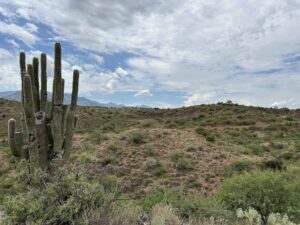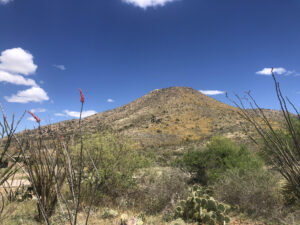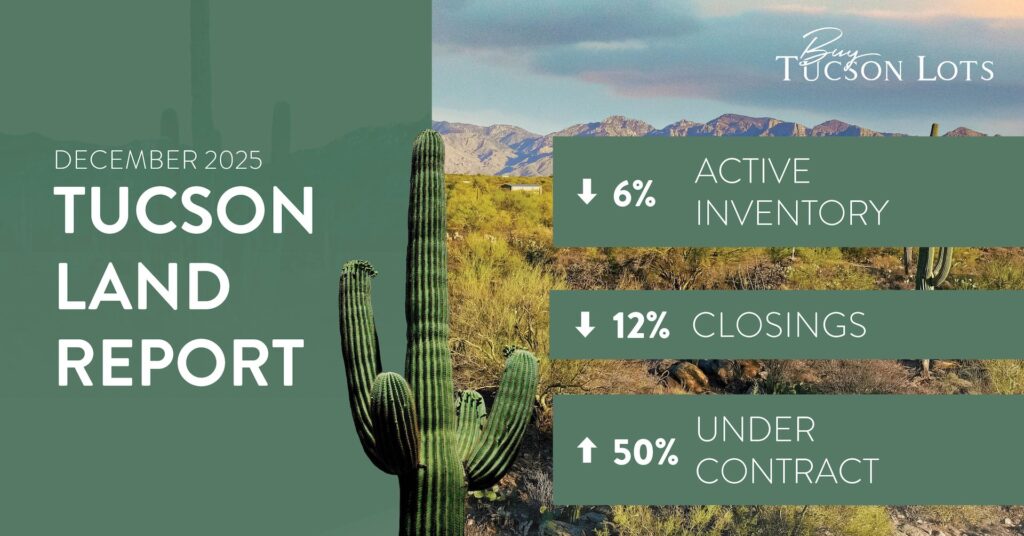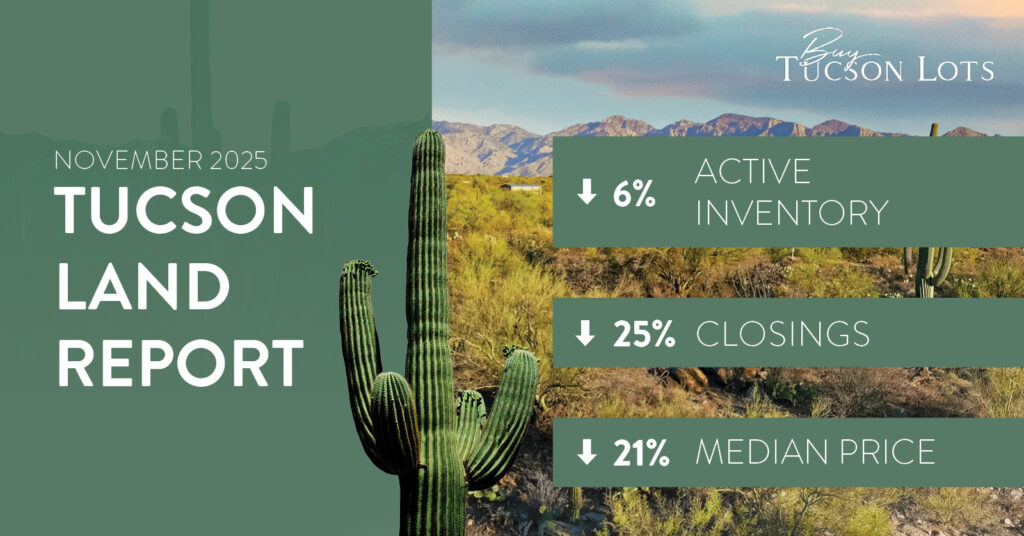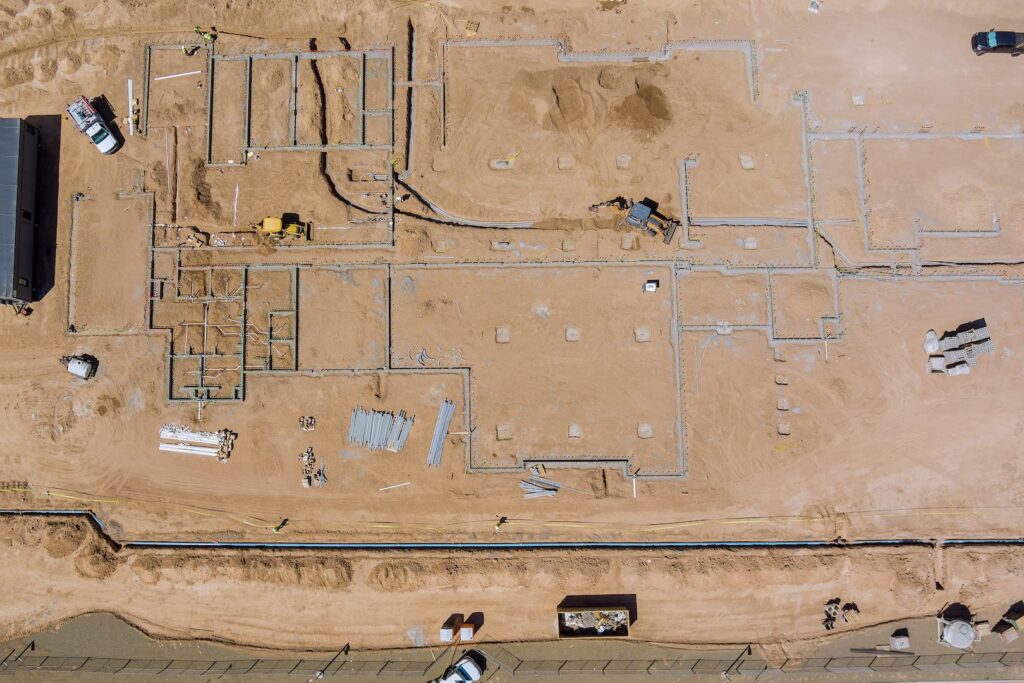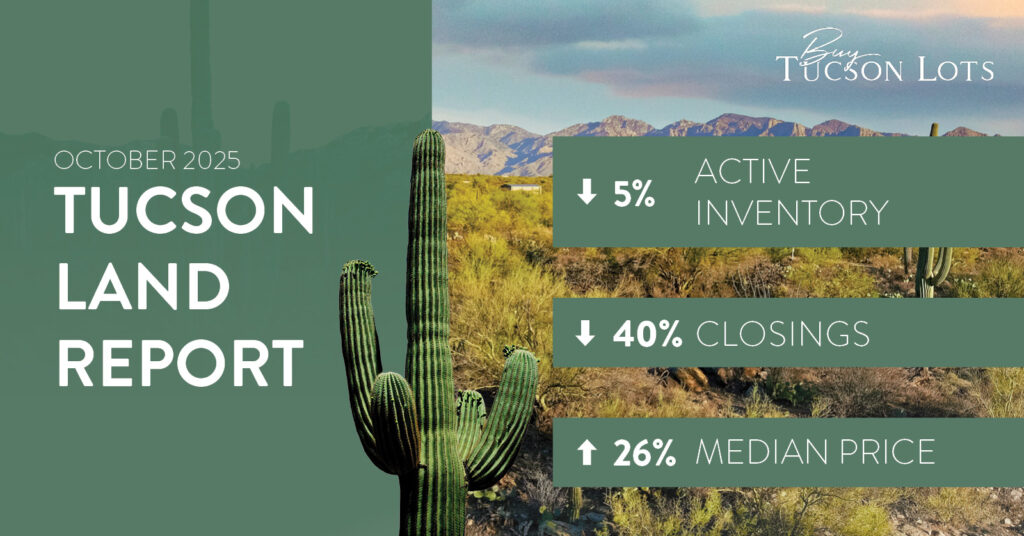When searching for a vacant lot of land to build on, you may engage in a lot of prior research to find the best piece for you. Whether you plan on using the space to build a home, business, or long-term investment, pay attention to these four key factors that can impact your purchase of vacant land.
1. Be Familiar with the Costs
When researching land, it is essential to consider all the costs that come with the purchase. Proof of funds when making a cash offer on land reassures the seller that you can afford it. If your cash is in other investments, it may be best to take it out before making an offer to rectify funds spent on your property.
Knowing the potential upfront costs and other vital expenses like paying for land surveying and installing utilities on the property is essential. However, if your goal is to have the land as an investment, you could bypass a few utility costs.
2. The Different Types of Land Characteristics
Unimproved vs. Improved Land
Unimproved land is defined by its lack of services and utilities such as water, electricity, telephone, and street access on the property. If you want to build a business or home, avoiding unimproved land will save you time and money. This type of land is usually excellent in size and affordable.
Improved land typically has utilities like electricity, telephone, water, and sewage ready to use. Usually, this type of land is controlled by zoning laws which regulate what you can build and how to utilize the building. Because of its higher earning potential, improved land is more expensive than unimproved land.
Ordinances and Covenants
Once you find a piece of land you are interested in buying, it’s important to note the different ordinances and covenants that come with purchasing the lot. For example, suppose the land you’re interested in is built in an already-developed community. In that case, there’s a good chance that a homeowner’s association governs that area, commands membership fees, and sets expectations for houses in the area.
Generally, subdivisions may also conduct covenants that lay down specific rules for the buyer. Covenants, also known as deed restrictions, are private agreements between the landowner and buyer, separate from the homeowner’s association rules. If the land you want to purchase is within city limits, you could also face city ordinances that govern certain behaviors and land uses.
Surveying and Flooding
Even though paying for surveying is an additional cost you’ll have to face when purchasing vacant land, it’s essential in the lot-buying process. Surveying helps you, as a buyer, understand potential property boundaries. It would help if you always get a new survey done on a property unless there’s evidence with markers to identify the corner boundaries or paperwork stating the most recent inspection.
The survey cost depends on many factors, including the property size, the time it takes to complete the survey, and how much research the surveyor has to do on plants. The type of survey you get also has an impact on the cost. For example, a floodplain survey will cost you more upfront, but in the long run, it could save you thousands of dollars in damage if you build on a property and are unaware of the location’s flood zone.
Environmental Tests
Environmental tests are similar to home inspections and background research on a house. For example, all vacant land needs to go through several tests and checks to ensure you know what you’re buying and what you’ll be able to do with the land.
These tests check the soil for contamination and help identify the land’s potential for flooding or if there are poor soil conditions for building. To ensure your tests provide accurate answers, you should always get them done by a professional.
3. Know the Zoning Restrictions
Zoning restrictions govern what you can and can’t do on specific properties. And, you may not always be able to rezone a plot of land. It’s usually best to keep your eyes on the lot that will allow you to do what you want.
Luckily, it’s easy to figure out the basics of zoning. Certain areas will clearly show that it is a residential zone, but you can also check out the zoning county office for more information or do your research online.
It’s essential to pay attention to the county’s long-term plans and scheduled roads for the area when you’re doing this research. If you’re looking for a more secluded property, and in 5 years, there’s a plan to build a highway, you would avoid purchasing and building in that area because of the impending plans.
A lot can go into purchasing vacant land. However, while going through this process, paying attention to the costs, learning the different land characteristics, and being familiar with zoning restrictions can help you save money and avoid problems in the future. Are you looking to purchase your ideal parcel of land? Contact me, Rick Sack, by phone at 520.5477 or by email at rick@buytucsonlots.com, and I’ll help you find the best lot of vacant land for your future home, business, or investment property.


